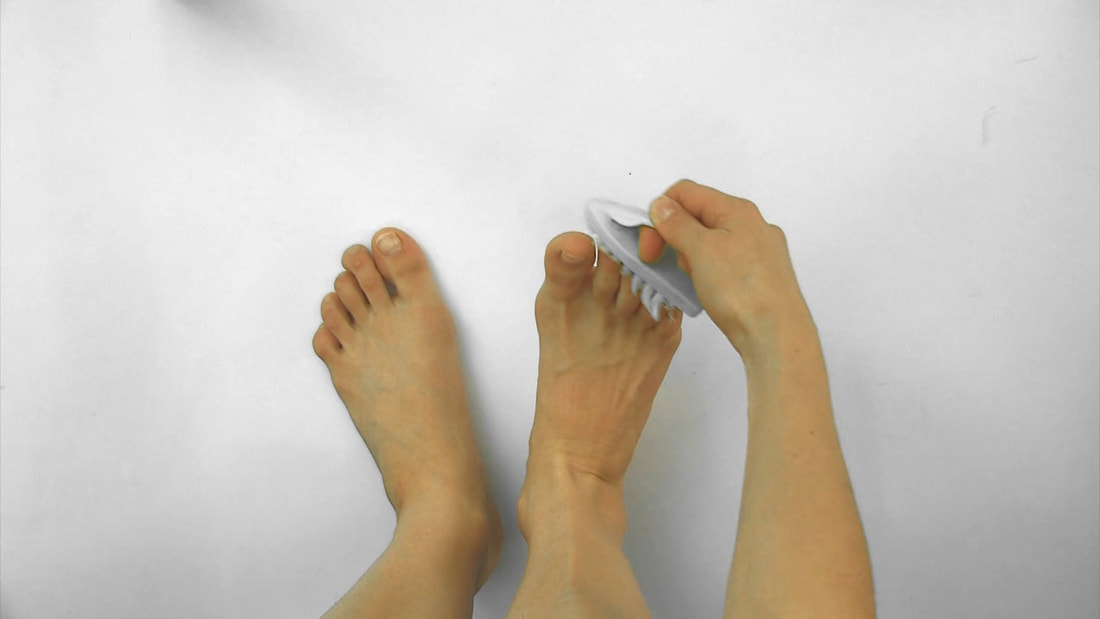|
To Know – Your Feet By Pierre Mouchette | Bits-n-Pieces When you are in a sudsy bath or a soapy shower, you might think getting your feet wet (and a little soap from rinsing off your body wash) is probably good enough to keep your feet clean. However, medical doctors specializing in skin wellness suggest that this bare minimum effort to clean your feet is not quite enough, and it could lead to some serious infections if you are not washing your feet properly.
Washing your feet is essential to good hygiene. It is important to wash your feet thoroughly with soap and warm water, paying particular attention to the areas between the toes and the soles of the feet. If you do not wash your feet regularly, you may experience various adverse effects. Thankfully, many of these adverse effects can be avoided if you care for your feet properly. According to the Centers for Disease Control and Prevention, this includes washing and drying your feet daily, clipping your toenails, changing your socks, and wearing protective footwear. If good foot hygiene falls at the very bottom of your priority list, there are a few effects you may want to watch out for. Stinky feet are relatively harmless (except to your nose). While some people are more prone to sweatier feet than others, foot odor can also be a sign of not properly washing your feet. Feet are prone to accumulating sweat and bacteria, leading to unpleasant odors. In particular, the bacteria on your skin and your shoes eat your sweat, causing your feet to give off an unpleasant smell. Properly cleaning your feet can help manage this so these bacteria stay in check and help you prevent odor and infections. You could develop fungal or bacterial infections. Because bacteria thrive in moist, dark places (inside of your shoes and socks), infections could be an unfortunate result. These infections can be fungal or bacterial, or in some cases, even viral. A common fungal infection is athlete's foot, which is an infection on the skin of your feet. Fungal nail infections can also occur if you are not adequately clipping and cleaning your toenails, which leads to cracked and discolored nails. And while bacterial foot infections are less common, some can occur due to poor hygiene, such as eczema. Some infections can even have serious consequences. In severe cases, untreated foot infections can lead to amputation, particularly in individuals with compromised immune systems or underlying health conditions such as diabetes. Therefore, it is essential to prioritize foot hygiene as part of your overall hygiene routine. That is why changing your socks and wearing dry, clean ones every time you wear shoes is essential. Giving your shoes time to dry out after wearing them is also vital. The skin on your feet could dry out and crack. Dry, crackly skin on your feet (especially around your heels) is not mainly a sign of not cleaning your feet; it can indicate that dead skin has built up and you are not moisturizing your feet properly. Feet can quickly dry out if exposed to hot water too long (say in a bath or shower), and the proper moisture is not applied back to the skin. As the American Academy of Dermatology Association (AADA) recommends, lotion your feet after you shower. The AADA suggests that the best moisturizer formula for feet contains "10% to 25% urea, alpha hydroxy acid or salicylic acid" and should be slathered immediately after showering or bathing.
0 Comments
Your comment will be posted after it is approved.
Leave a Reply. |
Archives
May 2024
|
